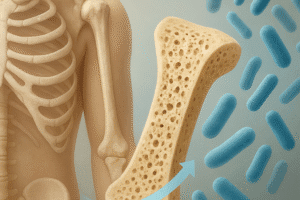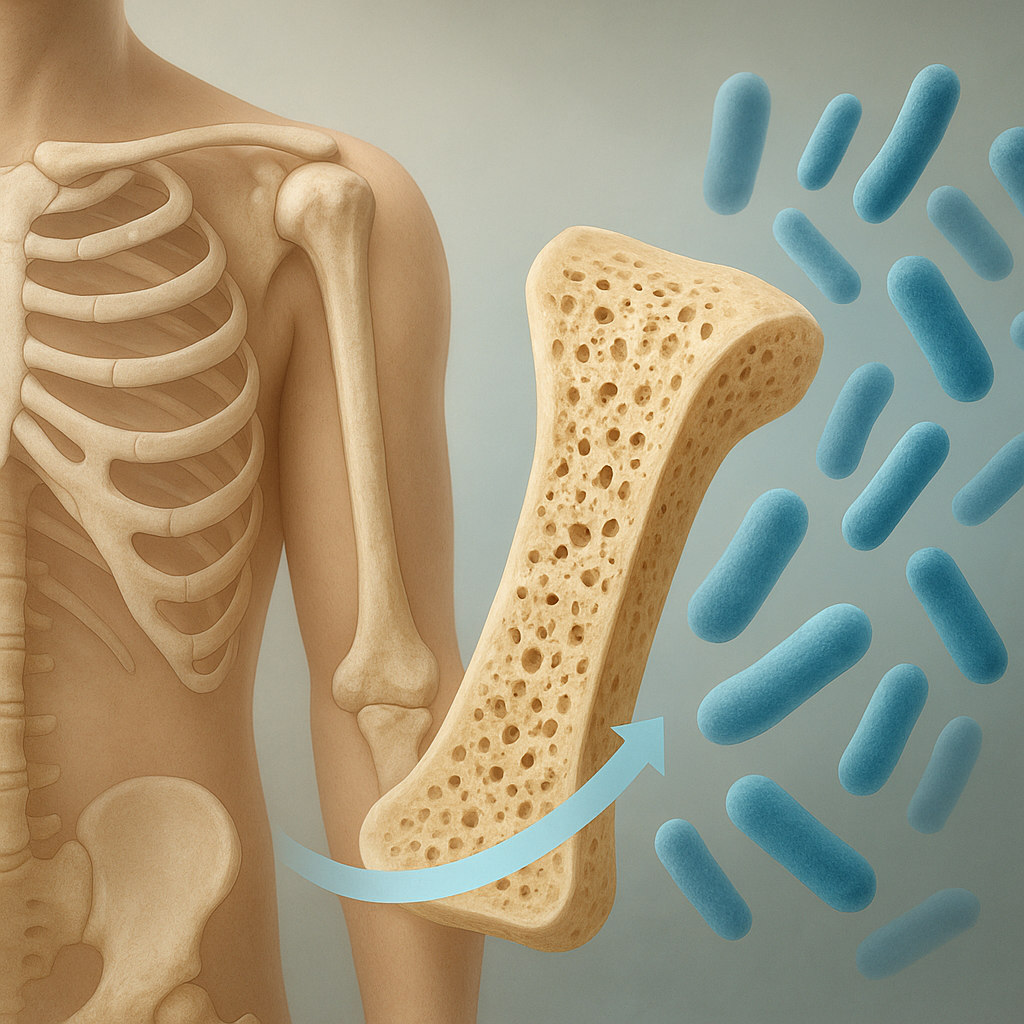The use of calcium supplements for bone health has become a widely discussed topic among health professionals and the general public alike. As osteoporosis and other bone-related conditions continue to affect millions of people worldwide, understanding the role of calcium in maintaining bone density and overall skeletal health is crucial. This article will explore the pros and cons of calcium supplementation, providing insights into its benefits, potential risks, and the best practices for ensuring optimal bone health.
Understanding Calcium and Its Role in Bone Health
Calcium is an essential mineral that plays a vital role in various bodily functions, particularly in the development and maintenance of strong bones and teeth. Approximately 99% of the body’s calcium is stored in the bones, where it contributes to their structure and strength. The remaining 1% is found in the blood and soft tissues, where it is involved in muscle contraction, nerve transmission, and blood clotting.
Bone health is influenced by several factors, including genetics, age, diet, and lifestyle choices. As individuals age, bone density naturally decreases, making them more susceptible to fractures and conditions like osteoporosis. To combat this decline, many people turn to calcium supplements as a means of ensuring they meet their daily calcium requirements.
The Recommended Daily Allowance (RDA) for Calcium
The recommended daily allowance for calcium varies by age, gender, and life stage. According to the National Institutes of Health (NIH), the following guidelines are suggested:
- Children (1-3 years): 700 mg
- Children (4-8 years): 1,000 mg
- Adolescents (9-18 years): 1,300 mg
- Adults (19-50 years): 1,000 mg
- Women over 50 and men over 70: 1,200 mg
These recommendations highlight the importance of adequate calcium intake throughout life, particularly during periods of rapid growth and in older adults who are at higher risk for bone loss.
Pros of Calcium Supplements
Calcium supplements can offer several benefits, particularly for individuals who may not be getting enough calcium from their diet. Here are some of the key advantages:
1. Prevention of Osteoporosis
One of the primary reasons people take calcium supplements is to prevent osteoporosis, a condition characterized by weak and brittle bones. Studies have shown that adequate calcium intake can help maintain bone density and reduce the risk of fractures, especially in postmenopausal women who are at a higher risk for bone loss.
2. Convenience
For individuals with dietary restrictions, such as lactose intolerance or veganism, obtaining sufficient calcium from food sources can be challenging. Calcium supplements provide a convenient alternative to help meet daily requirements without the need to consume large quantities of calcium-rich foods.
3. Support for Overall Health
Calcium is not only essential for bone health but also plays a role in various bodily functions. Adequate calcium intake can support cardiovascular health, muscle function, and nerve transmission. Therefore, supplementation may contribute to overall well-being, particularly in individuals with low dietary calcium intake.
4. Potential Weight Management Benefits
Some research suggests that calcium may play a role in weight management. Certain studies have indicated that higher calcium intake may be associated with lower body weight and fat mass. While more research is needed in this area, some individuals may find that calcium supplementation supports their weight management goals.
Cons of Calcium Supplements
Despite the potential benefits, calcium supplements are not without their drawbacks. Here are some of the concerns associated with their use:
1. Risk of Cardiovascular Issues
Some studies have raised concerns about the potential link between calcium supplementation and an increased risk of cardiovascular events, such as heart attacks and strokes. The exact relationship remains unclear, but it is suggested that excessive calcium intake from supplements may lead to arterial calcification. Therefore, it is essential to consult with a healthcare provider before starting supplementation, especially for individuals with existing heart conditions.
2. Gastrointestinal Side Effects
Calcium supplements can cause gastrointestinal discomfort in some individuals, leading to symptoms such as bloating, gas, constipation, or diarrhea. These side effects can be particularly pronounced with certain types of calcium supplements, such as calcium carbonate. Choosing the right type of supplement and taking it with food may help mitigate these issues.
3. Risk of Kidney Stones
Excessive calcium intake, particularly from supplements, has been associated with an increased risk of kidney stones. Calcium can combine with oxalate in the urine to form calcium oxalate stones, which are the most common type of kidney stones. Individuals with a history of kidney stones should exercise caution when considering calcium supplementation.
4. Potential for Over-Supplementation
Many people may not realize that they are already obtaining sufficient calcium from their diet, leading to the risk of over-supplementation. Consuming too much calcium can lead to hypercalcemia, a condition characterized by elevated calcium levels in the blood, which can cause various health issues, including nausea, vomiting, and confusion. It is crucial to assess dietary intake before starting supplements.
Best Practices for Calcium Supplementation
For those considering calcium supplements, it is essential to approach supplementation thoughtfully. Here are some best practices to ensure safe and effective use:
1. Consult a Healthcare Provider
Before starting any supplement regimen, it is advisable to consult with a healthcare provider. They can assess individual dietary needs, evaluate potential risks, and recommend appropriate dosages based on personal health history.
2. Choose the Right Type of Supplement
Calcium supplements come in various forms, including calcium carbonate, calcium citrate, and others. Calcium carbonate is often less expensive and contains a higher percentage of elemental calcium, but it may require stomach acid for absorption. Calcium citrate, on the other hand, is more easily absorbed and can be taken with or without food, making it a suitable option for individuals with digestive issues.
3. Monitor Total Calcium Intake
It is crucial to monitor total calcium intake from both dietary sources and supplements. Aim to meet the recommended daily allowance without exceeding it, as excessive calcium can lead to adverse health effects. Keeping a food diary or using a nutrition tracking app can help individuals stay aware of their calcium consumption.
4. Consider Dietary Sources First
Whenever possible, prioritize obtaining calcium from dietary sources. Foods rich in calcium include dairy products, leafy green vegetables, fortified plant-based milk, nuts, and fish with edible bones. A balanced diet can provide not only calcium but also other essential nutrients that support bone health, such as vitamin D and magnesium.
Conclusion
The use of calcium supplements for bone health presents both advantages and disadvantages. While they can be beneficial for preventing osteoporosis and ensuring adequate calcium intake, potential risks such as cardiovascular issues and gastrointestinal side effects must be considered. It is essential to approach supplementation with caution, consulting healthcare professionals and prioritizing dietary sources of calcium whenever possible. By understanding the role of calcium in bone health and making informed choices, individuals can take proactive steps toward maintaining strong and healthy bones throughout their lives.













